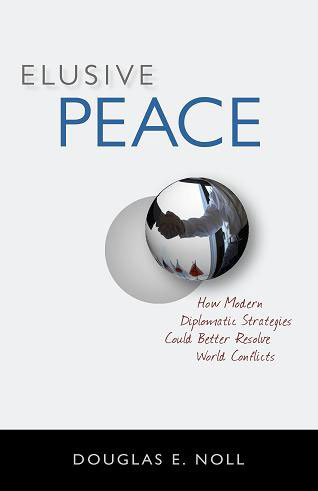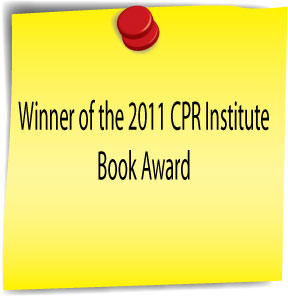<!– /* Font Definitions */ @font-face {font-family:Cambria; panose-1:2 4 5 3 5 4 6 3 2 4; mso-font-charset:0; mso-generic-font-family:auto; mso-font-pitch:variable; mso-font-signature:3 0 0 0 1 0;} /* Style Definitions */ p.MsoNormal, li.MsoNormal, div.MsoNormal {mso-style-parent:””; margin:0in; margin-bottom:.0001pt; mso-pagination:widow-orphan; font-size:12.0pt; font-family:”Times New Roman”; mso-ascii-font-family:Cambria; mso-ascii-theme-font:minor-latin; mso-fareast-font-family:Cambria; mso-fareast-theme-font:minor-latin; mso-hansi-font-family:Cambria; mso-hansi-theme-font:minor-latin; mso-bidi-font-family:”Times New Roman”; mso-bidi-theme-font:minor-bidi;} @page Section1 {size:8.5in 11.0in; margin:1.0in 1.25in 1.0in 1.25in; mso-header-margin:.5in; mso-footer-margin:.5in; mso-paper-source:0;} div.Section1 {page:Section1;} –>
Segment 1 – Football and Peacemaking: the connection
The relationship between the NFL, brain injury and peacemaking is closer than you think. Our guest on this edition of the Doug Noll show will help us tie together the culturally significant pastime of football and the subject of peacemaking. She is Lorraine Esposito, author of The Peacemaker Parent, Solving Problems for Today, Teaching Independence for a Lifetime. Lorraine’s website is www.peacemakerparent.com.
The NFL is beginning to examine youth football because they have beloved sports figures in dire straights from injuries (specifically brain trauma). It’s good business to take care of the people who play the sports, as the kids of today will soon be eligible to play for franchises and the NFL needs to ensure the longevity of the sport. To combat the injury trend, Lorraine feels that the message about WINNING needs to be shifted and tailored to the developmental level of the kids. Admittedly this is difficult when one’s performance evaluation is based on the win/loss column at the end of the year.
Segment 2: The Distinction Between Greatest and Greatness
Lorraine does believe winning is important. We need to give it our all, but the difference is how you define the prize. It’s not always the score on the scoreboard. Although we have a football industry that’s based on media consumption and huge local, regional and national identity, winning shouldn’t be our sole source of identity. From the top down, we need to redefine what winning means.
Winning needs to be balanced against other factors. There is a distinction between “being the greatest” and “greatness.” “Greatest” is fleeting and vulnerable and takes you away from the group.
Section 3: The Narrow Identity
It starts in elementary school. Kids wear jerseys of pro players and if they have insecurities, the jersey overcompensates. Their identity becomes their playing record and they have nothing else on which to fall back. Coincidentally, this is a core reason for war: when people only identify with a single ideology (their tribe, their religion, their regime) and do not have a broad identity structure, any attack on that identity will lead to a primal, violent response. They don’t have the capacity to see themselves beyond that narrow identity.
Segment 4: Moral Courage and the NFL
Lorraine tells us the link with football/competition/winning and peacemaking is simple: we need to stop and think about the promises we make to the people we care about. We need to take care of our people and make good on our promises, which will enable us to build integrity. Our actions will be consistent with our words. It’s not going to happen overnight. This is something that will evolve. There will be a tipping point and it will start with individual promises.
We don’t need to stand in judgment of the NFL. We recognize that this is a movement and a big change. All we can do is commit to making a change, remain open to updating what we thought was true, and hold our promises in mind. We need moral courage. The NFL should take a stand against the prevailing beliefs in favor of doing the right thing. After all, that’s what we try to teach our kids: it’s more important to have moral courage and stand up for your convictions than it is to cave to pressure and lose your moral compass.
To listen to the complete interview, click below:



